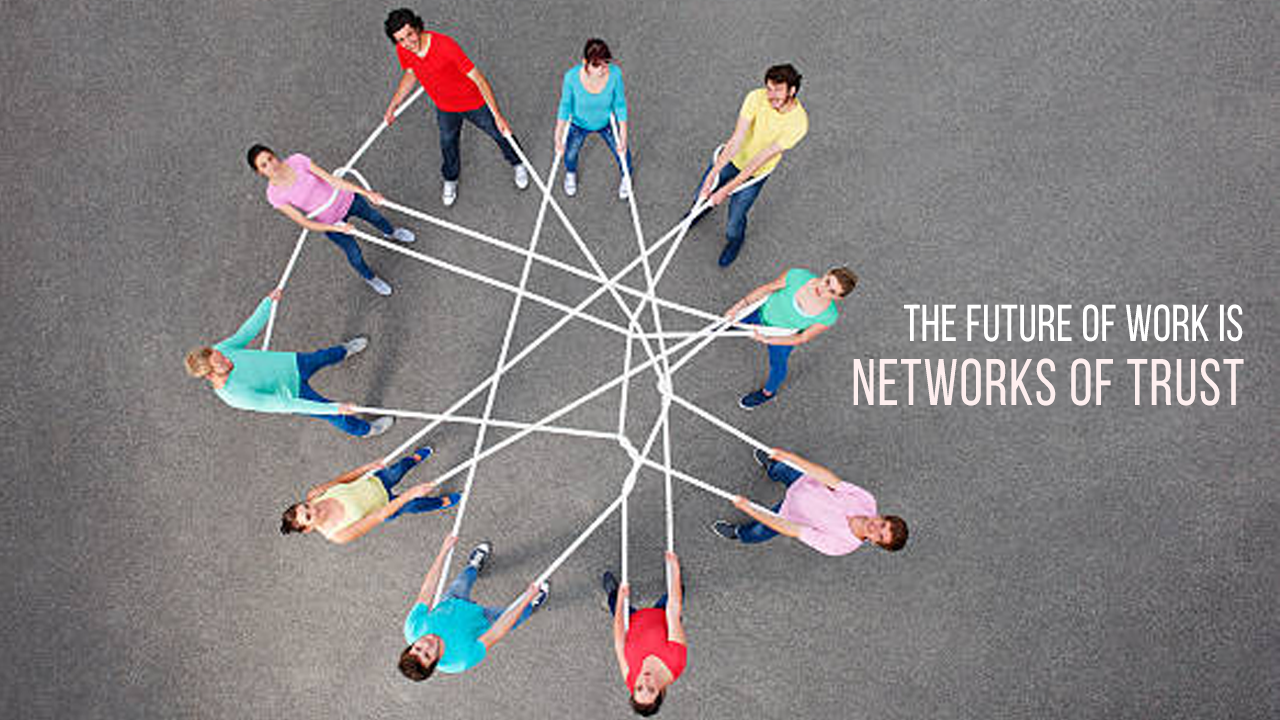The Future of Work is Networks of Trust

I read a recent article about the rapid growth of Austin Texas and was struck by how important talent networks played a part in its rise to prominence.
In 1983, ex-CIA Admiral Bob Inman was head of the US government’s Microelectronics and Computer Consortium, a group of 20 of America’s foremost tech companies who would band together to counter Japan’s dominance in semiconductors and announcements around AI.
When the government was looking for a place to house its initiatives, it looked for places with good research universities, airline connections and quality of life. Ultimately Austin won due to a combination of lucrative incentives, southern charm and less arrogance than the front runners.
Fast forward to the 21st Century and new Marco Polos like Patrick McKenna are looking for, first of all, talent, and what McKenna calls “trust network”:
“The tech industry, he explained, relies on credentials. One way in the door is to work for a Silicon Valley titan like Google or eBay. “We know they have great training programs,” he said. “We know how they build their code.” Another way in is to get an engineering degree from an illustrious school such as Stanford or M.I.T. Then there’s the venture-capital community. McKenna told me, “If you worked at a startup that was funded by Sequoia Capital or Kleiner Perkins, and even if that startup fails, you’re part of the trust network.”
It made me think of how the networks I belong to (and you belong to) confer trust.
Like McKenna, we often refer to these as credentials. But the real value in the credential is access to a network that can live on. It is the sense of trust the network engenders.
As an example, I graduated from Columbia Business School and that is a credential that sits on my resume or LinkedIn Profile forever. People look at it and think it derisks the possibility that you are a complete loon, that you will not fit in (never mind that the best leaders can hold space for diversity) or that you are a fraud.
But the real value of this is the opportunity to continue to engage in and activate these network connections for future collaboration, learning and friendship.
It might not be a blockbuster deal every time. Peer learning, projects that lead to other opportunities and a sense of community meaning and contribution all are lasting value from these networks.
For me, it was an offhand comment of the head of a major shipping company about the fact that most people thought she was unmarried because her husband did separate activities. That was my micro-mentoring moment. I had been worried about being a woman Chair because I had seen the wives of most previous chairs show up dutifully at events or ensuring life ran like clockwork so their partners could shoulder the extra responsibilities. I realized those were my constructs that held me back from realizing my own ability to contribute.
This is the power of networks.
So ask yourself, of all of the credentials you have or the networks you’ve been in, when was the last time you engaged, reached out or contributed to your networks?
If you liked this newsletter, please share it with your network!

